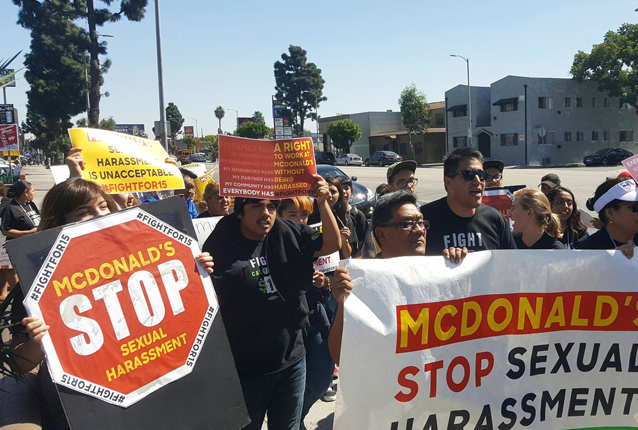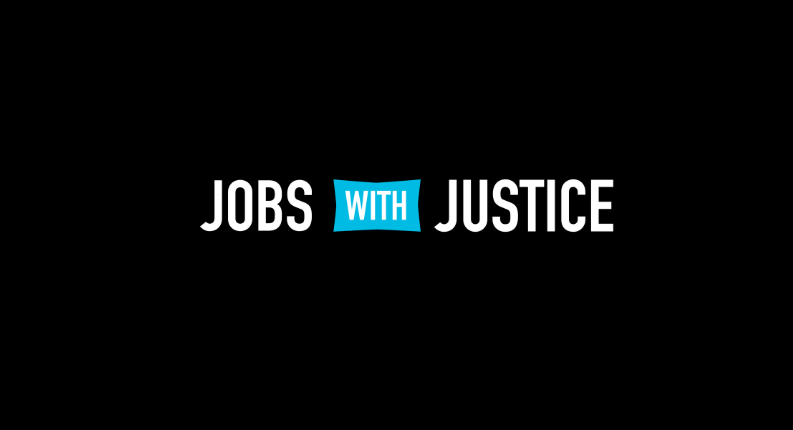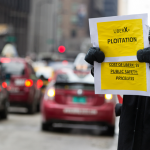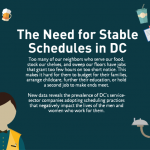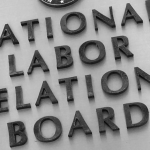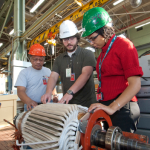Sexual harassment against women in the workplace unfortunately is not a new occurrence, but it has taken center stage over the past ten days. From a series of complaints filed by people who work at McDonald’s, to Washington, DC’s National Airport (DCA) food and retail concession employees rallying for equality and respect, and a slew of complaints by Donald Trump’s former employees and business associates, reports of sexual harassment in the workplace are becoming ubiquitous. And unskilled, low-wage earners, immigrants and contingent workers, typically are the most vulnerable. Workers in these three groups often are fearful of reporting harassment in the workplace, due to the fear of losing their jobs, or potentially creating an even more hostile work environment. They have lower incomes, standing and power in the workplace which inhibits them from overcoming those fears.
Women workers at fast-food restaurants like McDonald’s, complained of verbal harassment and alleged physical sexual assault by their managers earlier this month. One employee, eventually quit her $8.50/hour job after the alleged repeated sexual advances by her supervisor became too much:
“One day, [my shift supervisor] Derek showed me a photo of his genitals. That was my breaking point.” – Cycei Monae
According to a Hart Research report that was released this month, two in five women in the fast food industry face sexual harassment on the job. But unlike Cycei, many women (42 percent) continue to accept harassment because they can’t afford to lose their jobs. Only 8 percent surveyed actually quit the jobs where they were being harassed. Fifteen percent changed their schedules to avoid working with the perpetrator, while 10 percent said they cut back on their work hours. Low-wage earners often feel stuck in a difficult situation, as they depend on their scant incomes for basic survival.
Immigrant workers at DCA were surveyed earlier this summer, revealing that 17% of the women reported experiencing sexual harassment at work. Immigrants are particularly vulnerable, as many fear the repercussions of managers or colleagues calling immigration enforcement officials in response to whistleblowing, while others may not fully understand their legal rights to protect themselves against harassment, exploitation and retaliation.
Contingent workers are not always subject to the same protections as traditional employees, unfortunately. According to Title VII of the Civil Rights Act of 1964, employees are protected against discrimination based on sex, but companies these days often classify (or misclassify) people who work for them as independent contractors, consultants or freelancers, categories of workers that are not protected by Title VII. In addition to possibly not having the protections of anti-discrimination laws, these working people also often don’t have access to a human resources department or a union steward to complain to when something happens to them at their place of work.
Kendall Fells, organizing director for Fight for 15, affirmed this when commenting on the sexual harassment complaints filed against McDonald’s: “If these workers had a union the process would be a lot different. You would have a voice on the job. Now you go to corporate and you end up getting your hours cut or you quit or get fired.” A union can better protect working people against sexual harassment by creating a climate discouraging it, developing and posting policies, providing training programs, and quickly and effectively protecting its members in the event a complaint arises.
Without the real-world ability to enforce their legal protections, and without the resources that working people in unions have, people in work environments like fast-food, retail and construction who experience harassment can be made to feel isolated, threatened and vulnerable. Luckily, male and female workers are joining forces for a voice on the job and to take a stand against sexual harassment. Immigrant workers at the restaurants and newsstands at DCA have been organizing for months, and rallied together earlier this month, demanding an end to sexual harassment in their workplace. And Fight for 15 members organized nationwide protests to bring added attention to the recently filed McDonald’s employee complaints of “rampant sexual harassment.” The fight will continue until sexual harassment in the workplace comes to an end.

